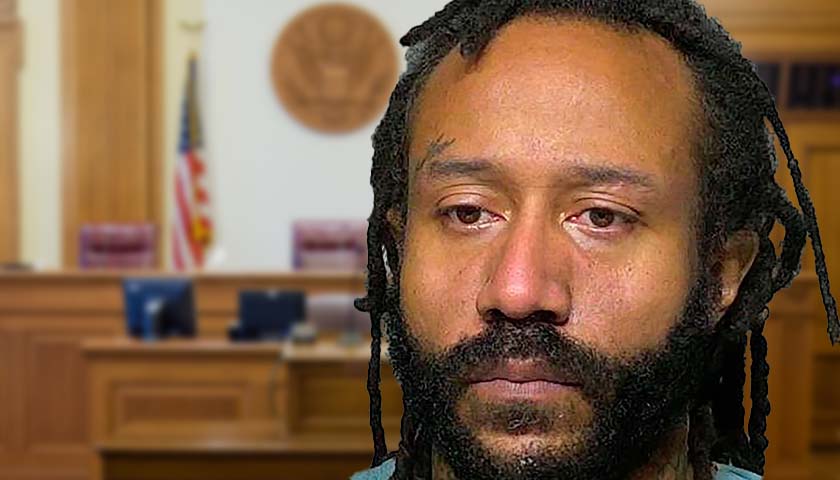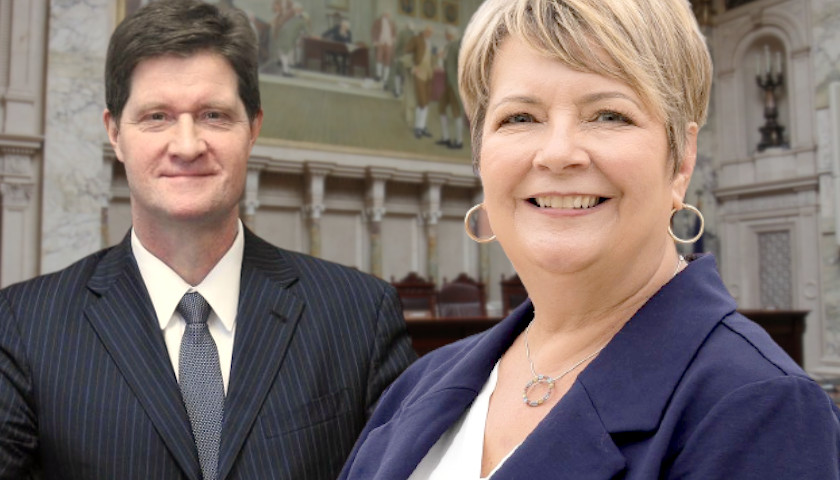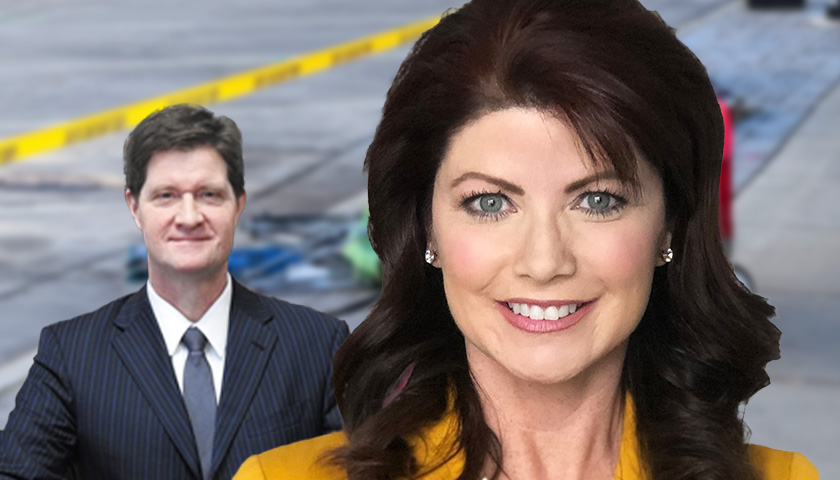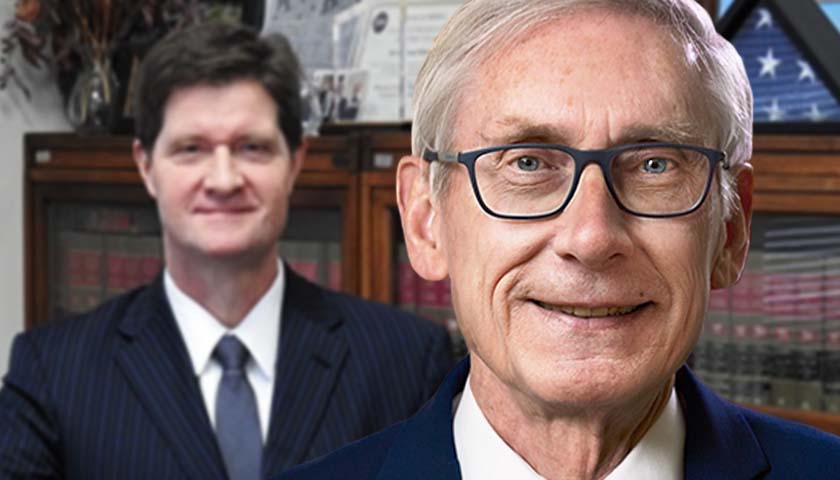by Trevor Schakohl
Judge Jennifer Dorow sentenced the Waukesha, Wisconsin, parade massacre’s perpetrator Darrell Brooks to life in prison without the possibility of parole Wednesday, following weeks of trial proceedings marked by his repeated courtroom interruptions.
A jury convicted Brooks Oct. 26 of six counts of first-degree intentional homicide while using a dangerous weapon, necessitating a sentence of life imprisonment under Wisconsin law. He was found guilty of 70 other counts as well.

Brooks killed six people and injured dozens more by driving an SUV through a crowd at Waukesha’s Christmas parade last November. He spent more than an hour and a half rambling in court Wednesday and subsequently argued with Dorow, saying he did not consent to the sentencing before she evicted him from the courtroom.
Wisconsin does not permit capital punishment. Survivors and family members of victims delivered impact statements the previous day, some arguing that Brooks nonetheless warranted execution.
“I too regret Wisconsin does not have the death penalty because if someone ever deserved it the convicted most certainly does,” victim Virginia Sorensen’s husband David said. “Life in prison is too kind.”
Brooks represented himself at his October trial, and Dorow removed him from the courtroom many times over his frequent disruptions.
“In my almost 11 years on the bench, I’ve presided over dozens and dozens of cases that have gone to trial,” the judge said Oct. 21. “To say that this has been the most challenging of my career would be an understatement.”
– – –
Trevor Schakohl is a reporter at Daily Caller News Foundation.





Sadly I bet attorneys are lining up to represent Brooks in his appeal with the argument he was incompetent in representing himself in court. I know the judge thoroughly vetted his demand to self-representation, I know she tried convince him to accept counsel. Sadly, as starting this note, there is too much publicity availed to counsel that would pick up his appeal. Hopefully, Wisconsin taxpayers will not have to fund new counsel in his appeal. That attorney could work pro bono with payment being the publicity he/she will receive.